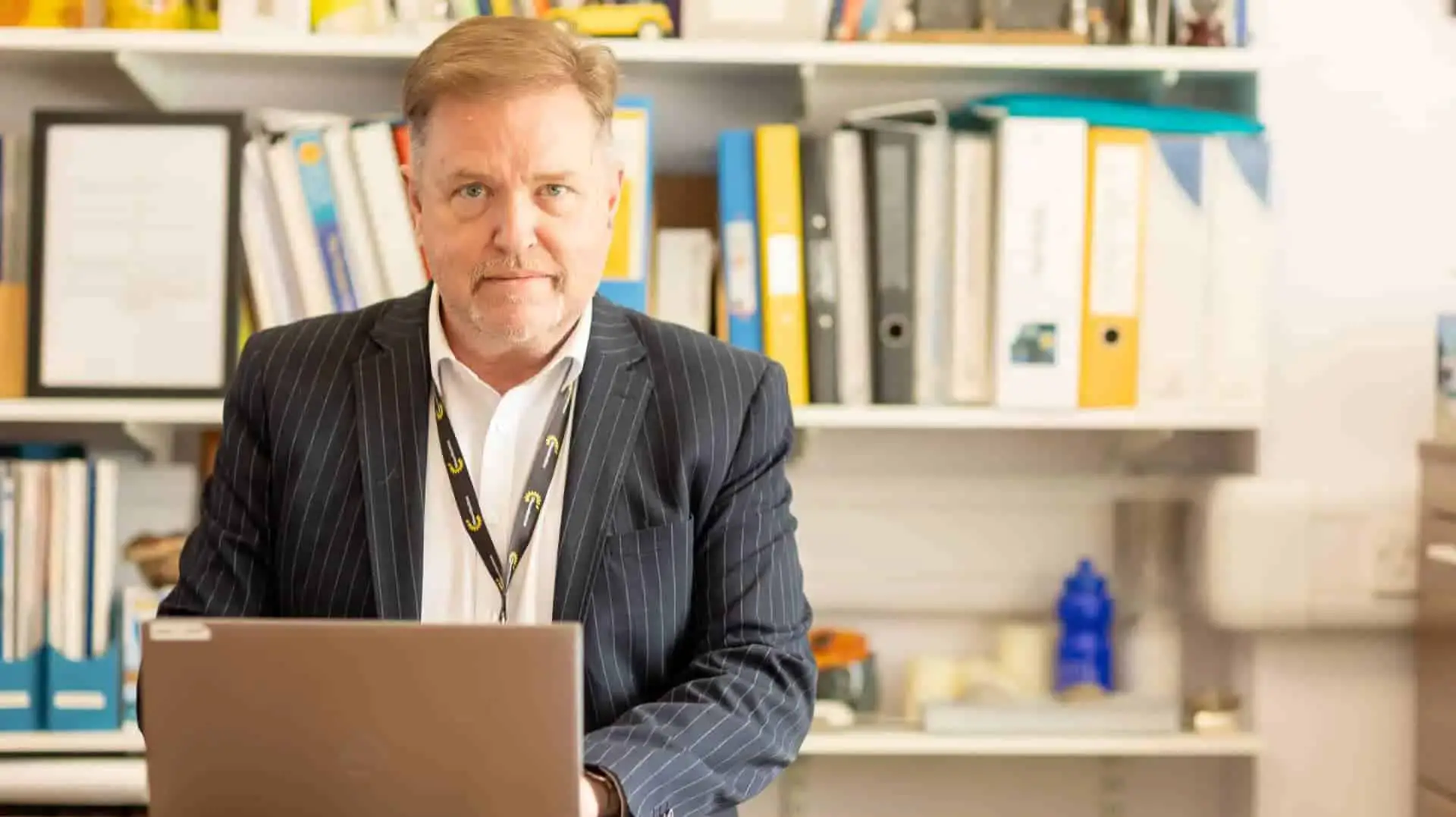Mountbatten’s Chief Executive, Nigel Hartley, has responded to the release of a report from the All-Party Parliamentary Group for Hospice and End of Life Care (see below), saying he has never experienced such a critical and desperate time with regard to hospice funding from the NHS.
Mountbatten Group comprises Mountbatten Isle of Wight and Mountbatten Hampshire, run as separate charities supported by the communities they are placed in.
£21 million needed to support 3,500 people
The annual cost to provide Mountbatten’s services across the group is £21 million – £10.5million each.
Only a third of Mountbatten’s funding comes from the NHS. The rest comes from fundraised income.
Growing demand
Mountbatten is currently supporting around 3,500 people across Hampshire and the Isle of Wight (1,500 Hampshire and 2,000 Isle of Wight).
They anticipate a further growth of 40% over the coming years, mainly due to the growing older population.
Hartley: If something doesn’t change soon, we will be saying goodbye to our beloved hospice movement
Nigel Hartley MBE said,
“Another critical report from the APPG on Hospice and a Palliative Care – but who is listening and who is being held accountable?
“I’ve worked in hospices for over 35 years and I have never experienced such a critical and desperate time with regard to hospice funding from the NHS.
“Mountbatten has been fortunate to have retained a proper contract with the local NHS for a number of years, receiving around a third of our funding from them and performing and reporting accordingly.
“Everything we do has been in agreement with local NHS commissioners. Our NHS funding will be down by £800,000 in April this year due to no uplift, so the amount will remain flat (uplifts over the last years have never matched the cost of staff pay awards or cost of living) with other potential cuts.
“If something doesn’t change soon, we will be saying goodbye to our beloved hospice movement and the growing number of people who so desperately need our care will be left and ignored as they were at the birth of the NHS in the 1940s.
“So much of what we do is supported by our local communities. I think there are strengths in that and we need to retain healthy and reciprocal relationships with our biggest advocates, but it only works with consistent, competent and planned funding from our NHS partners.
“We also need our relationships with them to be healthy and reciprocal but we can no longer sit back and ignore this – we will not sit back and ignore this.”





